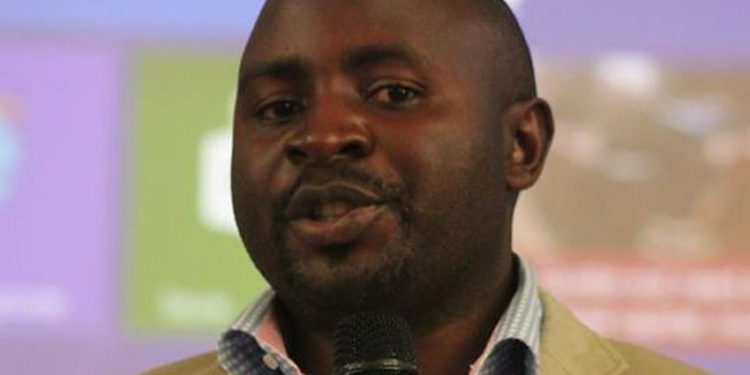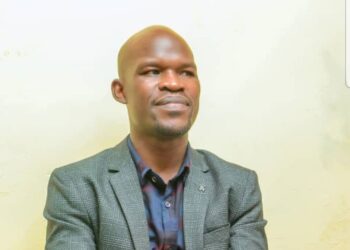In formal organisations, employees take leave which is about one cumulative working month in a year. A working month is about 21 days. It helps them to reenergize themselves by having a break from the work routines. In many such organisations, employees don’t work on public holidays and even weekends for some.
In some countries like Germany, I have read that laws even exist that allow workers to ignore emails that come in after working hours. That an employee won’t be panelized for not responding to work emails that come in late in the evening or too early in the morning.
With the advent of smartphones where one literally moves with the office wherever they are, employees could spend most hours of the day working thereby not having enough time to spend with their families and/or relax. Relaxed employees work better than those who are on the verge of a breakdown due to tiredness.
I am told of an organization in Kampala which has automated its office systems to go off at exactly 7.00pm. Workers are supposed to leave work at 5.00pm but they left some extra hours for people to finalize whatever they were doing. However, at 7.00pm, lights, air conditioning systems and computers shutdown so workers can go and be somewhere else.
Although leave days are common in formalized organisations, it is not the case for many of Uganda’s entrepreneurs. Many consultants and researchers I know move around with their laptops logging in at every slight opportunity they have. They put in long hours at work and even longer ones at home in order to beat deadlines for either submitting proposals or preparing drafts for client approval. There are no public holidays or weekend offs.
For those who run other type of businesses like shops, they open every single day and late in the night. If you go downtown in Kampala, you will find the ladies who run eating places are ready to serve Katogo for breakfast at 6.00am, wondering what time they had to wake up. They do this almost every single day and stay open to serve Kampala workers evening tea and porridge.
Many times, there is no maternity leave for these people. Somebody gives birth today and in a few days, they are back at work with their babies!
Should self-employed people in Uganda take leave like those in formal jobs? Absolutely. I know for most self-employed Ugandans how hard this can be. When they don’t open the shops, they don’t eat. They need to keep open to make the rent and pay all the bills. So they work every single day.
But for many, the reason they work every day is due to lack of systems in place. Many entrepreneurs/self-employed people do every little thing themselves. They are the cashier, store keeper, accountant, procurement officer, director, every role you know in the business. It is one of the reasons that our businesses don’t survive the death of the founder. Nobody else knows anything about the business.
This means that the entrepreneur/self-employed person can’t take a few days off without collapsing the business. Formalizing businesses means hiring more staff and even consultants or temporary workers to ease the workload of operating the business. In the short term it looks costly but in the long run, it enables an entrepreneur/self-employed person to focus on stuff they are good at and be able to take a break to revitalize their bodies. That way businesses grow.
Entrepreneurs, like most people, are only good at a few things and that is where in many cases the focus should be. Every entrepreneur for example is not necessarily a good manager. So when an entrepreneur/self-employed person identifies what they are good at, they can concentrate on that and let other people focus on other aspects of the business. This can only work where it is intentional by the entrepreneur. Entrepreneurs don’t necessarily have to be the CEOs.
So since Ugandans love starting businesses, thinking of processes that can enable one to concentrate on what they are good at is key but also enables one to take a few days off every once in a while, spend time with loved ones, or revitalize the body and the brain.
The writer is a communication and visibility consultant. djjuuko@gmail.com
Do you have a story in your community or an opinion to share with us: Email us at editorial@watchdoguganda.com













